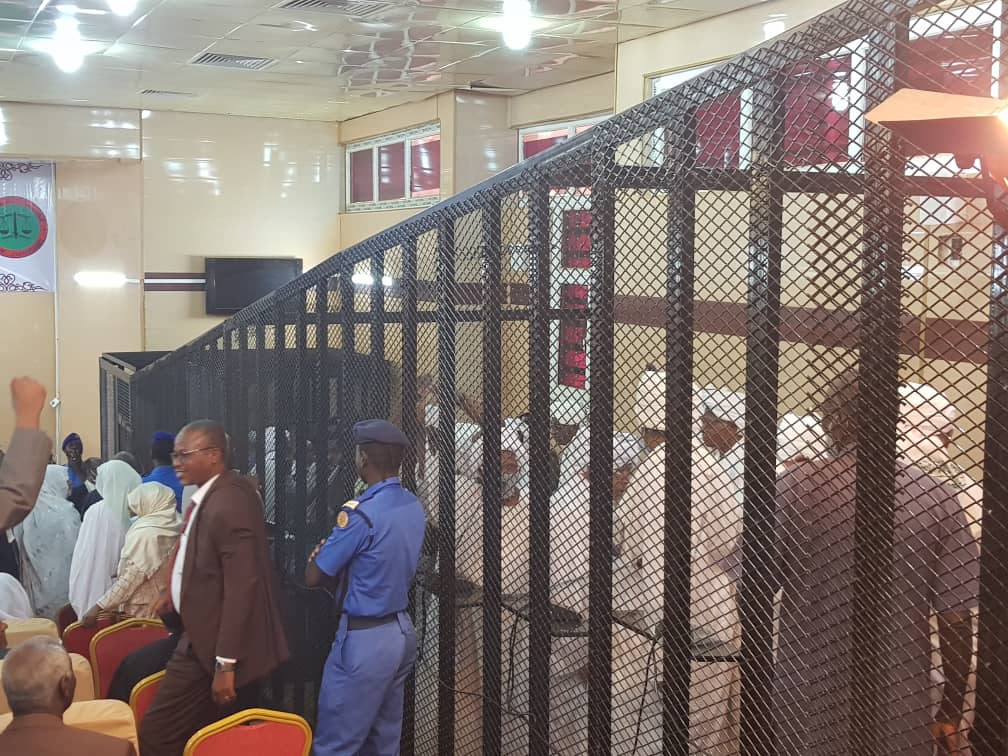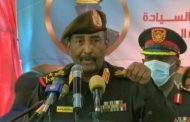By :Mawahib Ibrahim
Special court in Khartoum was postponed Tuesday the trial of the isolated Sudanese President Omar Al-Bashir and a number of leaders of his regime for a week.
As the court announced the postponement of the sessions to consider and decide on the requests of the defense committee for Al-Bashir and his companions to change the courtroom for not matching the health procedures used to combat the Coronavirus.
Mohammad Al-Hassan Al-Amin, member of the defense committee said our objections were that the health conditions were still inadequate “The court convened in this way without social distance without the precautions that must be taken that harms the accused and the court itself and the police forces in it, so this was a major objection”
The defense committee objected to the decisions of the Empowerment Removal Committee, which dismissed a number of court judges because of their affiliation with the previous regime.Al-Amin said in A press statement that their second objection was there were 152 judges who were dismissed by the Empowerment Committee, which is a political committee that adjudicates the civil service, the Attorney General, and the Ministry of Justice” he added this procedure been taken two days ago, and we considered that this does not leave the judiciary free to make a decision”
In May 2019, lawyers moved the case against al-Bashir and his government, and later in March the Attorney General formed a commission to investigate the 1989 coup and a joint accusation body was established.
Among the most prominent of the defendants in the case are the two deputies of Al-Bashir, Ali Othman Taha and Bakri Hassan Saleh, in addition to soldiers and civilians who held ministerial positions and governors of states during the era of the former president.
Al-Bashir’s coup was the third since the independence of Sudan in 1956, after two coups by Ibrahim Abbud (1959-1964) and Jaafar Nimeiry (1969-1985). Al-Bashir seized power from an elected government headed by Sadiq al-Mahdi, leader of the Umma Party, the most prominent of the Sudanese parties.
Al-Bashir is also wanted by the International Criminal Court on charges of committing genocide, ethnic cleansing and other crimes against humanity during the conflict in the western Darfur region, which lasted between 1959 and 2004 and caused 300,000 deaths and millions of displaced people.
Last December, Al-Bashir was convicted of corruption in one of the cases against him, and a two-year reservation was issued against him in a social reform house. Al-Bashir faces charges related to undermining the constitutional order and carrying out the coup in 1989 under article 96 of the Penal Code, which carries the death penalty, he stayed in power for 30 years before being overthrown on April 11, 2019 after several months of unprecedented, youth-led street demonstrations.








